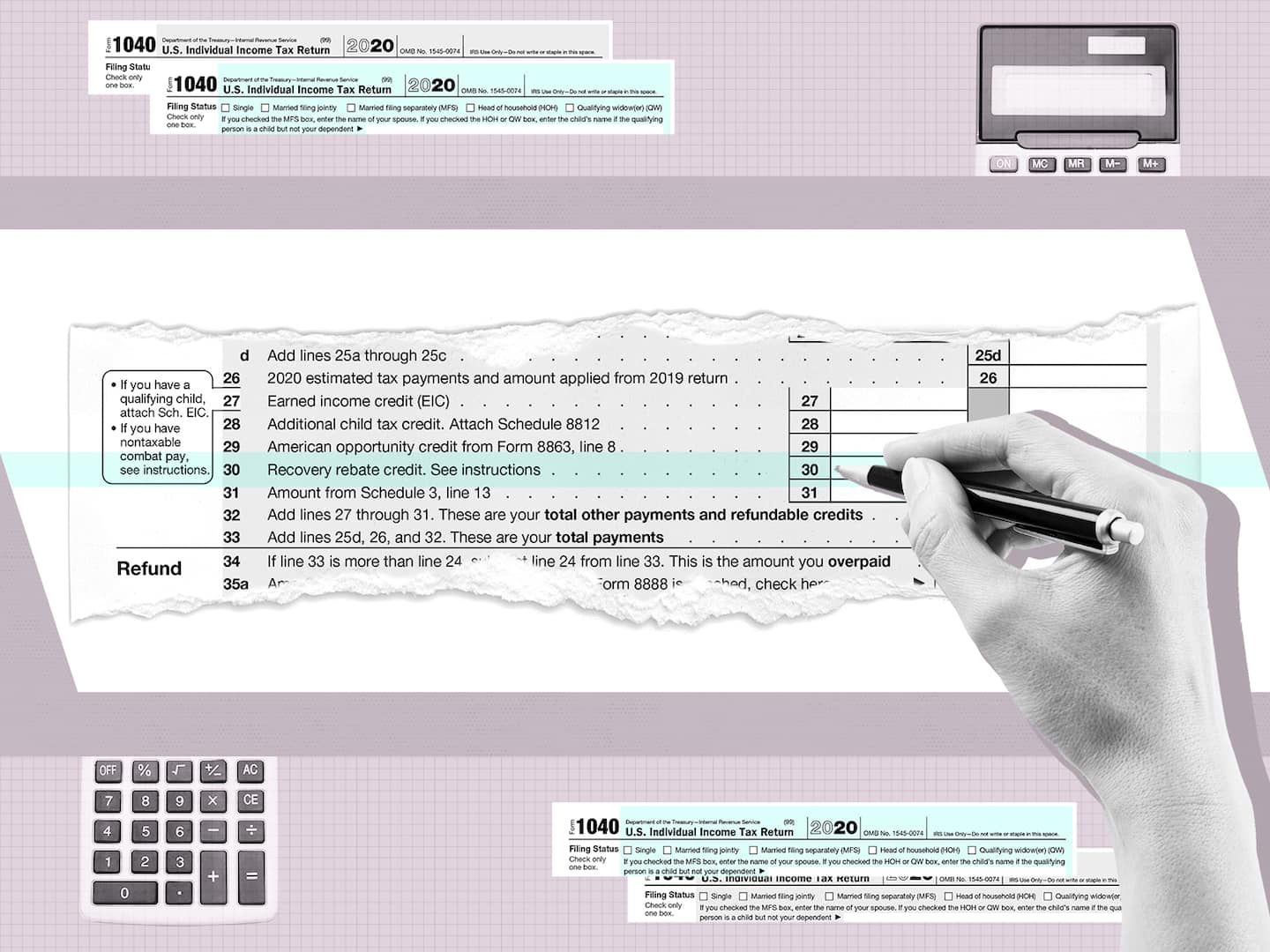The IRS says it’s done sending out stimulus payments. Anyone still waiting should claim it on their 2020 tax return.

The IRS had until Dec. 31 to finish distribution of the first-round payments, and Jan. 15 for the second. The “Get My Payment” tool was last updated on Jan. 29 to reflect the final payments and won’t update again, the IRS said.
At a time when IRS staff had to socially distance and plow through piles of backlogged mail, the distribution of so much money was a triumph for the underfunded agency.
But there were a lot of missteps and glitches under the Trump administration that have millions of Americans wondering why they didn’t get their stimulus payments.
Some of those still awaiting covid relief don’t typically file returns and aren’t on the IRS radar. They now have to submit a 2020 tax return to claim the funds.
Others won’t receive relief payments or will only get part of what they are due because the IRS will now offset the money to cover past-due tax debt or other federal or state liabilities. Still others had to take the IRS and Treasury to court to get their payments.
It’s understandable that the IRS wants to take credit for getting two sets of stimulus payments out in a short amount of time – a matter of days, in the case of the second round.
Nonetheless, the IRS announcement that all payments had been issued didn’t sit well with the current National Taxpayer Advocate or her predecessor. The independent Taxpayer Advocate Service is an organization within the IRS that helps taxpayers resolve issues with the agency.
The people left out include individuals experiencing domestic violence and taxpayers who received only partial payments. The difficulty for the IRS lies in identifying those eligible individuals who are not in the IRS system, said the current National Taxpayer Advocate, Erin M. Collins.
“The IRS used its outreach programs to get the message out, specifically focused on underserved communities,” Collins said. “However, we are all concerned that some individuals that have the greatest need are not reading the newspaper, reading the IRS website, or are not familiar with the benefits that Congress has provided.”
Although people can claim the stimulus money when they file their 2020 return, the IRS faces a daunting task in the midst of a pandemic to reach people who don’t typically file. Technically, the stimulus payments were an advance of a credit referred to on Forms 1040 and 1040-SR as the “Recovery Rebate Credit” — on the second page, Line 30.
Collins said she’s advocating for the IRS to use its authority to avoid offsetting taxpayers’ covid relief checks if they owe back taxes or other liabilities.
Nina E. Olson, executive director for the Center for Taxpayer Rights, said she was initially flabbergasted that the IRS was so self-congratulatory about its job in getting out stimulus payments. It’s not much comfort for millions of taxpayers whose 2019 returns were not processed and who had hoped to get stimulus relief without having to file a 2020 return, she said.
“The frustrating thing is, no one is saying the IRS hasn’t done an incredible job with the economic impact payment,” Olson said. “But there are people who were left out, and what the IRS has been doing with its publicity is just hitting on the good news. There are taxpayers who are sitting there checking the IRS website every week because they haven’t gotten a payment. Not seeing themselves reflected in the IRS announcement is really demoralizing.”
Olson said the IRS needs to be much more transparent with its data and release information not just on how many stimulus payments have been issued, but on how many returns are still caught up in processing, and how much covid funds remain to be paid.
People incarcerated in local, state, and federal prisons are entitled to the same stimulus payments sent to millions of other Americans. The IRS issued close to 85,000 payments to incarcerated people totaling $100 million, according to a June report by the Treasury Inspector General for Tax Administration (TIGTA).
But then the IRS announced that incarcerated individuals were not eligible for stimulus payments. The agency asked correctional facilities to intercept payments and released information on irs.gov telling prisoners and their spouses that if they got a payment, they needed to return the money. A class-action lawsuit was filed on behalf of the prisoners, arguing that the decision to deny the payments was arbitrary and unlawful.
Last year, in a stunning rebuke, a federal judge hammered the Trump administration for moving to snatch back the stimulus payments. Following the reversal, the effort to help the incarcerated file 2020 returns and get their stimulus relief will be daunting, Olson said.
“When you consider how many people are sitting in state and local jails not because they have been convicted but just because they can’t afford bail, and then you add on to that the racial disparity in the incarcerated population, well, it just raises significant equity issues, she said.
In other words, the IRS might not want to take that victory lap just yet.






